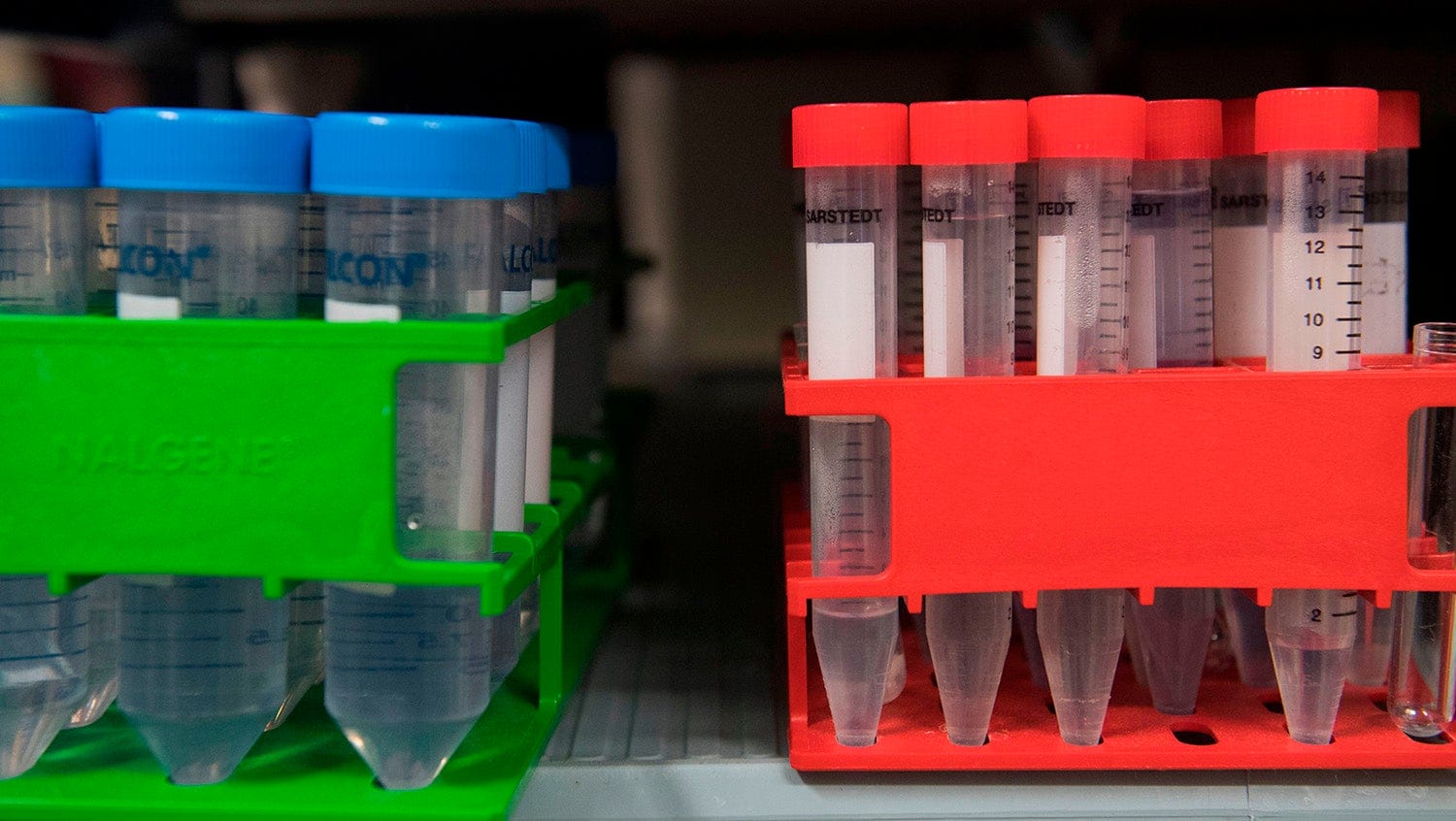Hospital Partnerships to Target Drivers of Poor Cancer Clinical Trial Diversity
November 4, 2020
By Dave Wedge

Getty Images
A new collaboration among Boston cancer centers aims to increase minority populations’ access to the latest treatments for more equitable outcomes
Cancer trials are crucial to finding new treatments, can lead to major breakthroughs, and frequently yield positive results for participants, but too often patients from communities of color are left behind. Mortality rates among Black cancer patients are higher than white patients’, yet still Black patients are included in clinical trials at an astonishingly low rate: an analysis of FDA data found that Black people made up less than 5% of patients in the majority of clinical trials for new cancer drugs approved since 2015.
It’s an unjust dynamic that has contributed to especially disparate outcomes for cancer patients who are Black, on the whole. Non-Hispanic African Americans have a death rate of 226 per 100,000 from cancer, as opposed to 190 per 100,000 for white people, according to the American Cancer Society. The five-year survival rate for Black people is also lower at 53%, compared to 64% for white people.
“One of the really exciting things that’s been happening in cancer care is a paradigm shift from chemotherapy to targeted therapy and immunotherapy, and all of these exciting treatments were first available on clinical trials, sometimes years before they became broadly used,” says Matthew Kulke, MD, chief of hematology/oncology at Boston Medical Center (BMC) and co-director of the Boston University-BMC Cancer Center. “We can safely say that people who do not have access to clinical trials may not always be getting the most advanced cancer treatment. This is absolutely an example of a disparity in care.”
As the national discussion over systemic injustice expands, there is a renewed focus on increasing diversity in clinical cancer trials to close healthcare gaps and improve outcomes. Recently, a new partnership was announced among Boston Medical Center, Dana-Farber Cancer Institute, and Massachusetts General Hospital to provide greater access to trials for patients of the three institutions and increase research collaborations.
Why diversity matters in clinical trials
Trials with inadequate representation not only disproportionately benefit white populations, therefore widening gaps; they also often fail to meet basic standards of science because the testing group is essentially homogenous, says Kulke.
“Purely from a scientific standpoint, it’s really important to have a representative population,” says Kulke, noting that research looking at how well a treatment works on only a small segment of people creates opportunity for blind spots. “You have to take it to a broad population. It’s about evaluating new treatments in a way that will tell us how well they’re really going to work once they get approved and are widely available.”
The reasons why communities of color are often absent from clinical trials vary, including the often-cited historical mistrust due to past clinical trials that were unethical. But another reason is that medically underserved patients may not have access to information from their doctors about experimental trials, says Kulke, and may not have the resources to travel to participate in promising studies. Then there is what Kulke calls the “Olympic athlete” theory, in which trials may enroll only the most physically fit patients in order to achieve the best results. This model makes it more difficult to include patients from underserved populations, where obesity and other health issues are more prevalent.
The consequences are in the numbers.
Kulke believes partnerships like the one between BMC, Dana Farber, and MGH can provide leadership on diversifying trials and research, especially because BMC has such a diverse population. Educating underserved populations on the potential benefits of clinical trials as a treatment option is key to changing the dynamic and improving outcomes, and partnerships with other cancer centers give patients access to more trials.
“One of the great strengths we have here at BMC is our relationship with our patients,” Kulke says. “It’s important for us to take the time to explain all of the treatment options to our patients, and to do it in a responsible way. At the end of the day, that’s a way for us to really have an impact.”


